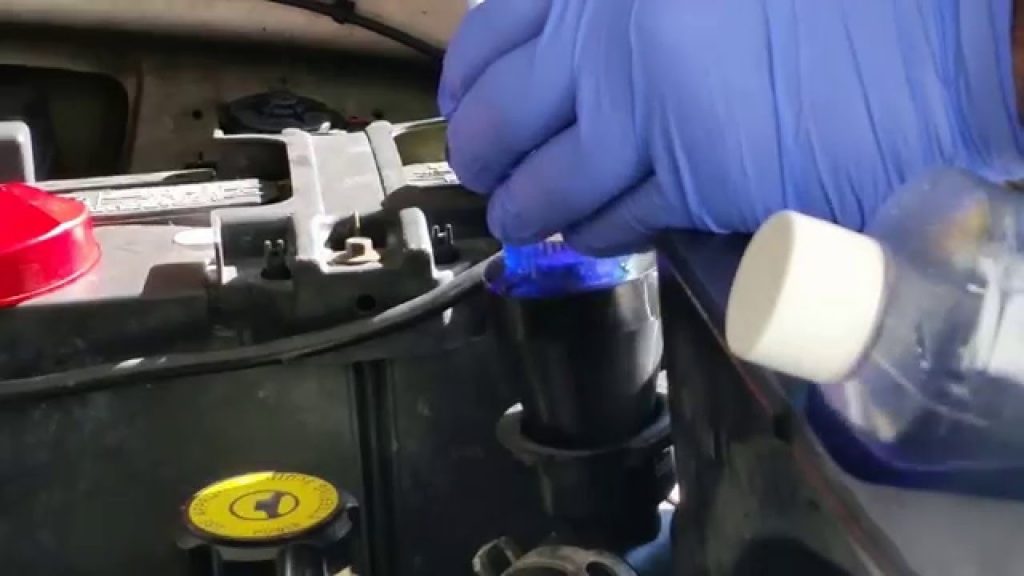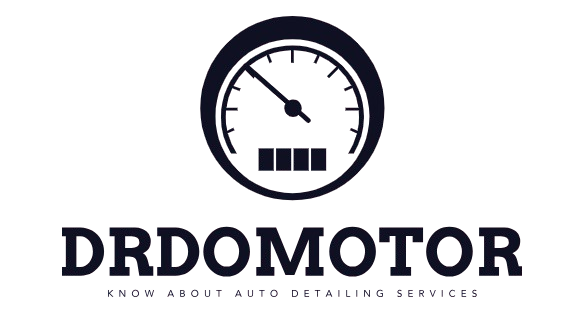
Radiator Stop Leak: The Best Way to Keep Your Coolant Additive Safe
Radiator stop leaks are a constant threat to the safety and longevity of your cooling system. If the coolant leaks out of its system, it can cause catastrophic damage to the engine and other components. That’s why it’s so important to identify and seal any potential leak points in your cooling system. One of the most common culprits of radiator leaks is coolant additives. These safe, natural ingredients work to maintain your coolant’s PH level and moisture content. They also help inhibit corrosion and protect metal parts from the elements. However, they can also act as a breeding ground for bacteria and fungus if they’re not maintained properly. Because of this, it’s essential to keep your coolant additives safe and leak-free. Here’s everything you need to know about how to keep your coolant additives safe and extend the life of your cooling system.
What Causes Radiator Stop Leaks?
Radiator stop leaks are usually caused by the failure of an O-ring or a seal that keeps air out of the radiator. When these seals fail, air can get into the radiator, which it can cause corrosion, rust, and other damage to the metal parts. This is because they lack a protective lining that keeps them from coming into contact with corrosive materials in the air. The following are some common causes of radiator stop leak

Failing coolant additives: As mentioned above, coolant additives can cause stop leak issues if they’re not maintained properly. Most coolant additives have a shelf life of 5 years or more. If they go beyond their expiration date, they will lose their effectiveness and could even create more significant problems than they were initially intended to solve. There are ways to extend their shelf life, so you don’t need to worry about when it’s time for them to expire.
As mentioned above, coolant additives can cause stop leak issues if they’re not maintained properly. Most coolant additives have a shelf life of 5 years or more. If they go beyond their expiration date, they will lose their effectiveness and could even create more significant problems than they were initially intended to solve. There are ways to extend their shelf life, so you don’t need to worry about when it’s time for them to expire. Corrosion: Another cause of radiator stop leaks is corrosion due to a lack of proper maintenance. If your engine isn’t being properly maintained and cleaned, it can risk corrosion and rust. This can lead to the failure of the O-ring or seal that keeps air out of the radiator and therefore cause radiator stop leaks and other damage in the cooling system.



